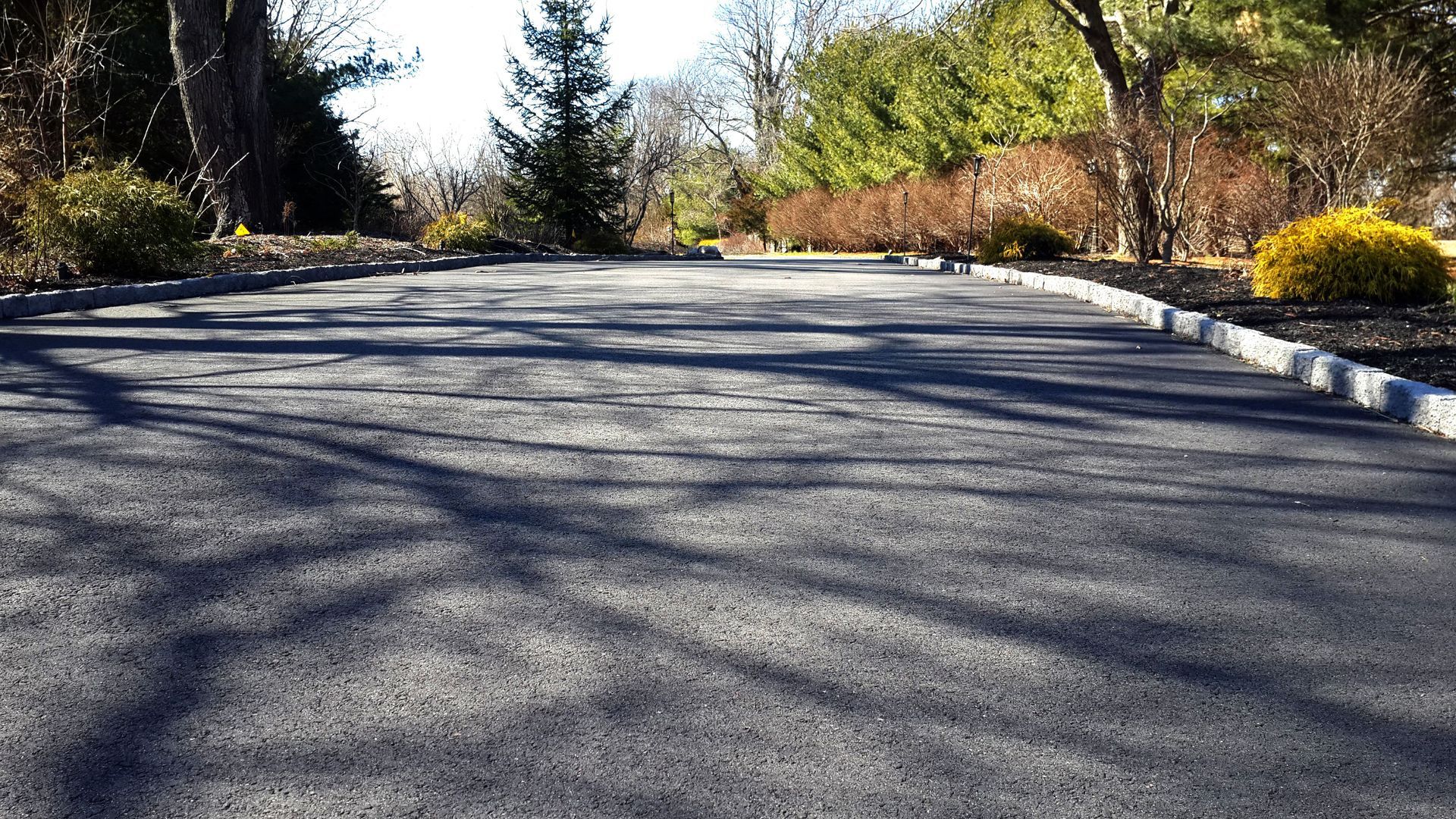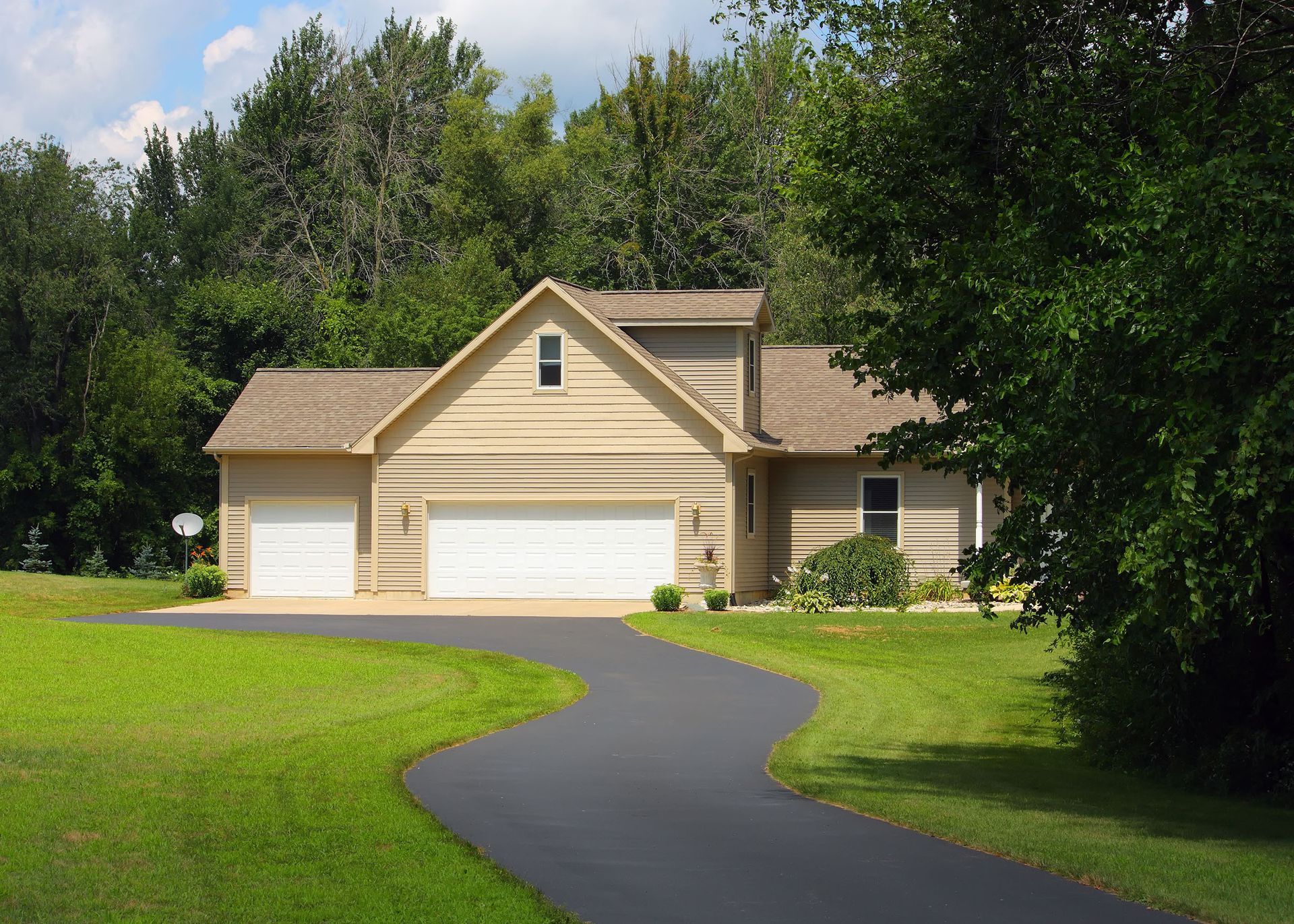October 10, 2025
Asphalt is a popular paving choice thanks to its durability and clean appearance. Yet keeping it in top shape requires ongoing attention and, more importantly, the guidance of professionals who understand how to protect and extend its life. Partnering with qualified contractors for inspections, resurfacing and maintenance, sealing, and repairs safeguards your investment. Proper care not only increases longevity but also enhances curb appeal, making your asphalt an asset rather than a liability.
Understanding the Basics of Asphalt Maintenance
Importance of Regular Inspection
Routine inspections are the foundation of long-lasting asphalt. Professionals can identify cracks, drainage issues, or fading before they escalate. Bi-annual checkups paired with annual professional assessments help prevent costly repairs. Contractors often recommend resurfacing and maintenance as part of their follow-up care, ensuring surfaces remain safe and durable. Keeping surfaces flawless also reduces liability by protecting pedestrians and vehicles alike. Regular professional evaluations also offer peace of mind by documenting the condition of your pavement, which is especially valuable for commercial property owners needing records for safety compliance or resale.
Common Causes of Asphalt Deterioration
Water infiltration is the leading cause of deterioration, seeping through cracks and undermining the base. UV rays weaken binders, while heavy traffic and overweight loads stress the surface. Oil leaks and chemical spills can corrode asphalt, leaving unsightly and weakened patches. Partnering with a contractor for crack filling, sealcoating, or resurfacing and maintenance mitigates these risks. Choosing expert installation with proper sub-base preparation is also vital for preventing long-term damage. By staying proactive with professional guidance, property owners can avoid large-scale disruptions and expensive reconstruction.
The Role of Climate and Weather
Extreme weather is one of asphalt’s toughest adversaries. Freeze-thaw cycles, scorching sun, and heavy rains all accelerate deterioration. Professionals recommend scheduling sealcoating every three to five years or whenever fading appears, often combined with resurfacing and maintenance services. Contractors can also design drainage systems that channel water away, preventing pooling and erosion. Climate-aware maintenance ensures surfaces remain durable in any environment. In regions with significant seasonal shifts, a customized plan from an asphalt contractor is often the best way to adapt to conditions and ensure the surface remains resilient.
Choosing the Right Materials
Quality materials are non-negotiable in asphalt projects. Professionals use premium-grade mixes, ensuring stability under traffic and weather. Proper compaction, thickness, and aggregates all influence lifespan. Contractors also select high-performance sealants to protect against UV and chemical damage. Reapplying sealcoats or scheduling resurfacing and maintenance every few years is standard practice, forming a protective shield that enhances durability and appearance. Working with contractors who source the right grade of materials ensures your pavement is engineered to perform under the exact stressors of your property, whether that’s residential driveways or commercial parking lots.
Initial Installation Best Practices
A strong foundation begins with correct installation, handled best by experienced contractors. Properly compacted sub-bases, precise leveling, and attention to detail reduce irregularities and future wear. Timing matters too—avoiding extreme weather conditions during installation ensures optimal adhesion. Choosing a qualified asphalt company means the project starts right and reduces the need for premature resurfacing and maintenance. Contractors also provide valuable insight on load expectations, traffic volume, and drainage needs, which sets the stage for performance long after installation is complete.
Regular Cleaning and Maintenance
Routine Cleaning
Basic cleaning prevents dirt, oil, and debris from eroding the surface. Professionals advise regular sweeping and scheduled power washing to remove buildup. Contractors can also apply protective sealants and recommend resurfacing and maintenance when cleaning reveals underlying wear. Maintaining cleanliness not only improves aesthetics but also ensures drainage systems remain unobstructed. Many contractors offer service agreements that bundle cleaning with periodic inspections, making it easy for property owners to keep surfaces in prime condition year-round.
Debris and Drainage Management
Effective drainage is central to asphalt health. Contractors regularly clear debris and inspect slopes and channels to keep water flowing. Poor drainage leads to pooling, which accelerates deterioration. When significant water damage occurs, professional resurfacing and maintenance can restore the surface to full strength. Landscaping advice also helps prevent root intrusion that can crack or lift asphalt. By combining drainage improvements with proper cleaning, professionals build a long-term barrier against premature surface breakdown.
Tackling Stains and Spills
Oil and chemical spills should be addressed promptly, but professionals are best equipped to handle them thoroughly. Contractors use degreasers and absorbents safely, then apply sealants to prevent reoccurrence. If stains are severe, resurfacing and maintenance may be advised to refresh appearance and performance. Preventive strategies, combined with sealing, ensure surfaces remain free from long-term damage. Regularly scheduled cleaning programs are particularly beneficial for commercial sites, where frequent vehicle traffic increases the risk of staining.
Seasonal Care
Every season brings new threats—salt and freeze-thaw cycles in winter, UV exposure in summer. Contractors adjust care routines accordingly, from winter sealants to summer inspections. In some cases, seasonal shifts highlight the need for resurfacing and maintenance to reinforce the pavement’s resilience. Spring and fall remain ideal for professional repairs and sealing, preparing asphalt for harsher conditions ahead. In climates with heavy snow or rainfall, contractors can also suggest protective treatments designed specifically for those challenges.
Sealcoating: Essential for Longevity
What is Sealcoating?
Sealcoating creates a protective layer that locks out water, UV rays, and chemicals. It revitalizes color, improves traction, and fills minor surface damage. Applied by professionals with specialized equipment, sealcoating works best when combined with periodic resurfacing and maintenance to maximize lifespan and reduce long-term costs.
Benefits of Regular Sealcoating
Sealcoating is one of the most cost-effective asphalt services. It prevents oxidation, slows deterioration, and keeps surfaces visually appealing. According to This Old House, you should seal your asphalt driveway every three to five years or when the surface begins to look gray and worn. Well-maintained asphalt, supported by resurfacing and maintenance, not only looks new but also raises property value. Sealcoating also reduces environmental impact by minimizing frequent, resource-heavy repairs. Professional contractors ensure the application process is completed under the best possible conditions for long-lasting results.
Application Process
Professional sealcoating involves surface cleaning, crack filling, and careful application with squeegees or sprayers. Contractors monitor weather conditions to avoid improper curing. If deeper flaws are uncovered, they may recommend resurfacing and maintenance to correct underlying issues before sealing. Their expertise ensures a durable, long-lasting finish. A professional approach avoids streaks, thin spots, or early breakdown that sometimes results from improperly applied coatings.
Timing and Frequency
Experts recommend sealcoating in cooler months or during spring to prepare for summer sun. High-traffic areas may require more frequent applications. Contractors monitor fading, cracking, and overall wear to advise on sealcoating or resurfacing and maintenance. This tailored approach ensures surfaces are always adequately protected. By creating a reliable maintenance schedule, property owners can avoid the risks of neglect while spreading costs evenly over time.
Partnering With Professionals for Long-Term Success
The most effective asphalt maintenance strategy relies on experienced contractors. Professionals not only address immediate issues but also create tailored resurfacing and maintenance plans. From inspections and cleaning to sealing and resurfacing, their services preserve both functionality and appearance. Choosing to rely on expert guidance ensures your asphalt project continues to look sharp, perform well, and serve as a lasting investment. Many contractors also provide service warranties, which give additional reassurance and highlight their commitment to quality.
Maintaining asphalt isn’t about quick fixes—it’s about consistent, professional care. Regular inspections, cleaning, sealcoating, drainage management, and scheduled resurfacing and maintenance are all essential steps that extend lifespan and improve safety. According to This Old House, resealing every three to five years when fading is visible is one of the most effective ways to protect your surface. By partnering with trusted contractors, property owners gain peace of mind knowing their surfaces are protected year-round. With the right professionals guiding the way, asphalt can remain strong, attractive, and reliable for decades. Contact Gulf Pride Paving and Civil Contractors today to learn more.







